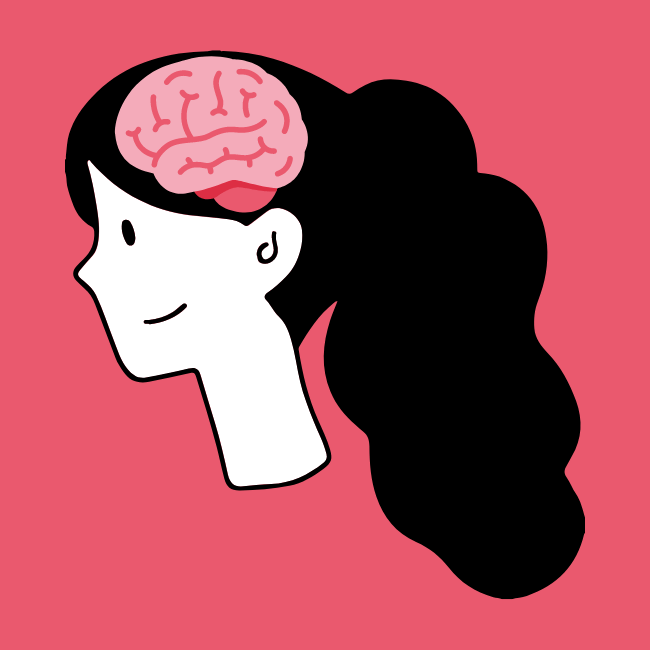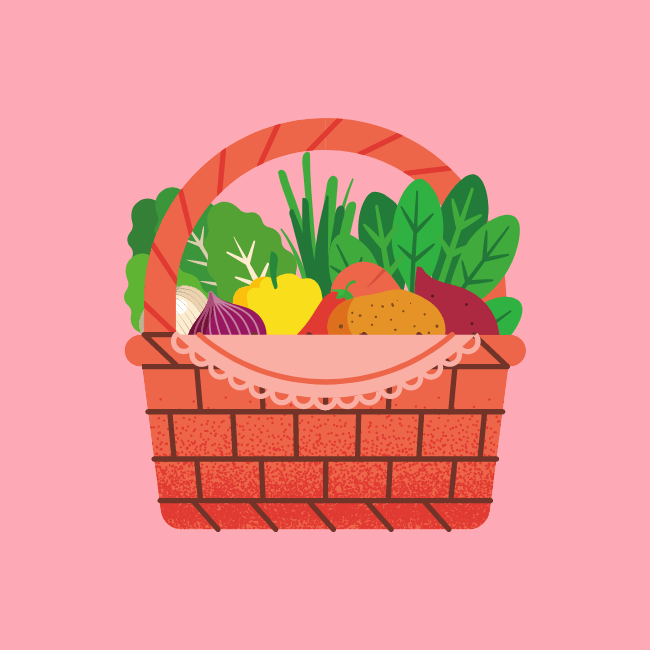Slow down brain aging by eating these foods

Brain aging happens to everyone as we grow older and move into our 30s and 40s. The brain starts to shrink and will continue to do throughout the rest of our lives. The shrinkage comes with changes in cognitive abilities. Cognitive skills are a core set of brain functions used to pursue knowledge, practice reasoning, and assimilate information. These are built upon these foundational functions like memory, attention, and thinking.
This can become a cause for concern with respect to dementia and Alzheimer’s disease. But, there are people that remain in their 80s or 90s that have a sharp memory. So, why can’t we be like those people at all? Although genetics has something to do with it, research suggests that diet does, too. There isn’t any nutritional cure for dementia today.

A number of studies indicate different ways in which food plays a significant role in preventing or slowing cognitive decline.
Uma Naidoo, MD is a nutritional psychiatrist at Harvard Medical School, director of Nutritional and Metabolic Psychiatry at Massachusetts General Hospital, author of This is Your Brain on Food: An Indispensable Guide to the Surprising Foods That Fight Depression, PTSD, ADHD, Anxiety, OCT and More, and trained chef. According to the expert, diets high in fats and sugars can negatively affect the hippocampus, the part of the brain most involved in forming relational memories. However, there are the right kinds of foods that protect memory.
“Our food choices can definitely help us preserve our memories and clear our minds from the brain fog that sometimes disrupts the clarity of our lives.”
Slow down brain aging by maintaining the MIND diet
The MIND Diet combines the Mediterranean diet and the DASH diet to create a dietary pattern that focuses specifically on brain health. MIND stands for Mediterranean-DASH Intervention for Neurodegenerative Delay. It aims to reduce dementia and the decline in brain health that often occurs as people get older. The Mediterranean-style diet is designed to lower blood pressure while the DASH diet approaches stopping hypertension.
“The important features of the MIND diet are that it is low in saturated fats, high in healthy oils, and with red meat eaten infrequently—two or fewer times a week.”
Green and leafy vegetables
Leafy greens such as kale, spinach, collards, and broccoli are rich in brain-healthy nutrients that can slow down brain aging. These nutrients include vitamin K, lutein, folate, and beta-carotene. Research even suggests that plant-based foods help slow brain aging and cognitive decline.

Berries
Flavonoids are the natural plant pigments that give berries their brilliant hues. According to research, it helps improve memory. Another study, then, found that women who consumed two or more servings of strawberries and blueberries each week delayed memory decline by up to two and a half years.

Nuts
Nuts are excellent sources of protein and healthy fats. Walnuts, in particular, might also improve memory. A 2015 study from UCLA links higher walnut consumption to improved cognitive test scores. It is high in a type of omega-3 fatty acid called alpha-linolenic acid or ALA. Diets that are rich in ALA and other omega-3 fatty acids are linked to lower blood pressure and cleaner arteries. Aside from slowing brain aging, it can also be good for the heart.

Olive oil
When cooking food, you can use olive oil as the main cooking oil. It is extremely healthy and remains loaded with beneficial fatty acids and powerful antioxidants. Because it is high in antioxidants and vitamin E, it provides significant natural protection from oxidative damage. A higher intake of monounsaturated fats improves memory and other cognitive functions in seniors. Eating a Mediterranean diet high in olive oil can reduce the risk of Alzheimer’s disease by up to 40% and boost mental wellness.

Whole grains
You can eat whole grains such as oats, barley, quinoa, brown rice, whole wheat, pasta, and 100% whole wheat bread. These have B vitamins that work to reduce inflammation of the brain. This potentially preserves memory. Aim for at least three servings daily to slow down brain aging.

Fish
Yuhua Liao, Bo Xie, Huimin Zhang, Qian He, and Beifang Fan among others wrote a meta-analysis about the efficacy of omega-3 poly-unsaturated fats in depression. The best sources of omega-3 includes oily, cold-water fish like salmon, mackerel, tuna, herring, and sardines. However, you can also get omega-3s in eggs, edamame, walnuts, and chia seeds.
“Omega-3 fatty acids promote brain health by lowering inflammatory markers and protecting neurons from excessive inflammation.”

Wine
A meta-analysis in 2019 stated that light to moderate alcohol use during mid to late stages of adulthood can be associated with decreased risk of all types of cognitive impairement and dementia. So, aim for no more than one glass of wine every single day. Both red and white wine may benefit for slowing down brain aging. Meanwhile, there has been much interest in the compound resveratol which is found in red wine.

The MIND Diet recommends limiting butter, margarine, red meat, fried foods, pastries, and sweets. Limit your consumption of these foods because they contain saturated fats and trans fats. Studies say that trans fats are clearly associated with all sorts of diseases, including heart disease and even Alzheimer’s disease. So, slow down brain aging and avoiding said foods.
Angela Grace P. Baltan has been writing professionally since 2017. She doesn’t hesitate to be opinionated in analyzing movies and television series. Aside from that, she has an affinity for writing anything under the sun. As a writer, she uses her articles to advocate for feminism, gender equality, the LGBTQIA+ community, and mental health among others.






